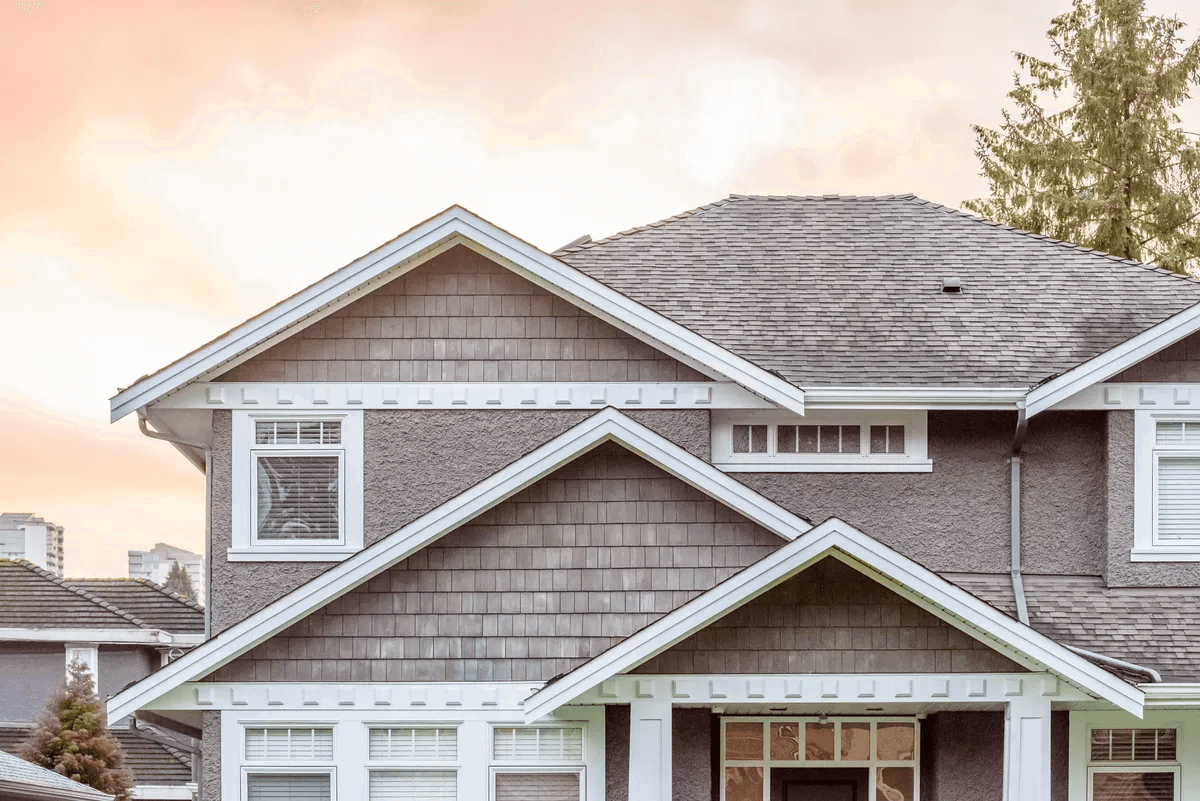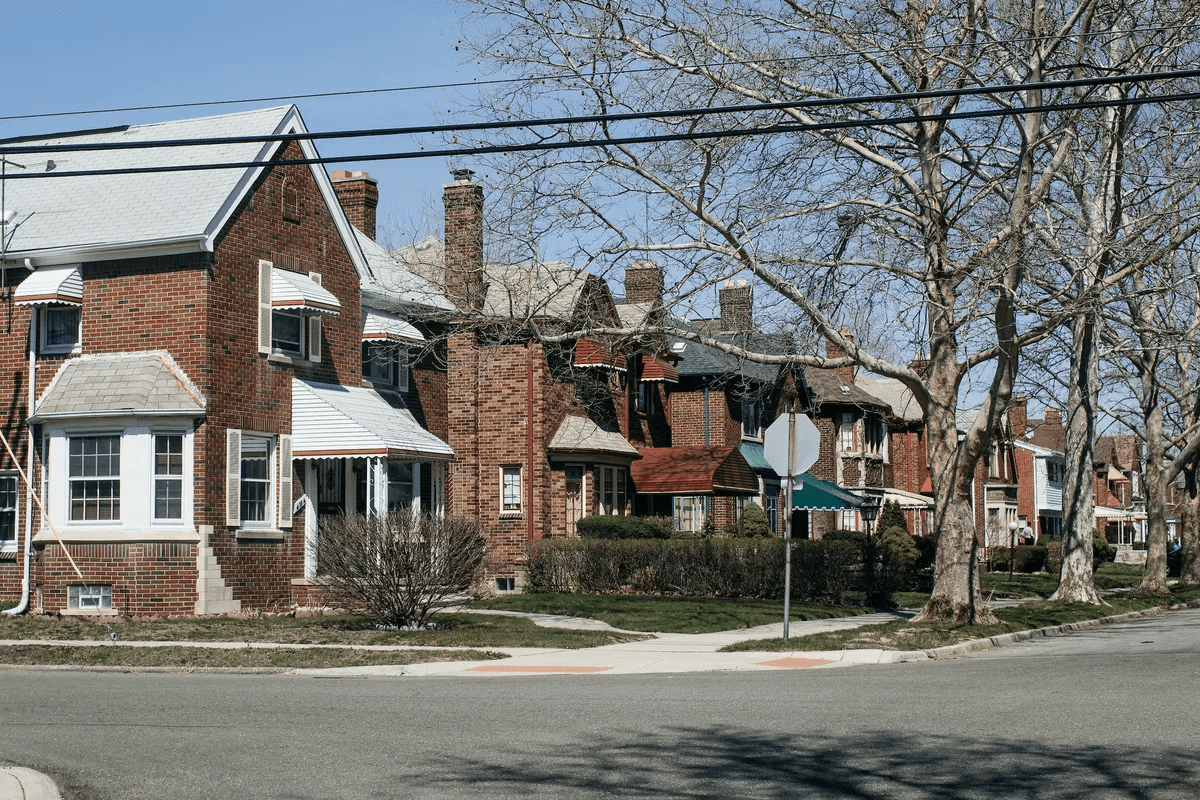The novel coronavirus pandemic has resulted in a seismic shift in daily life across the U.S. But even faced with stay-at-home orders, some of which may last for months, Americans are still looking for, buying, and moving to new places.
For some, the pandemic interrupted a planned homebuying search, while others who didn’t expect to be in the market for a new home are now moving because they’ve lost a job or need to care for a family member who lives elsewhere.
Buying a home right now is made more daunting by a volatile stock market, historic unemployment, and fears of a widespread recession. Buyers who were hoping to enter the market this spring—traditionally the busiest season—are wondering what homebuying will look like later in the month, as spring turns to summer, or even in the next year. Factor in the logistics of making the biggest purchase of your life while maintaining strict social-distancing practices, and the process seems downright impossible.
We set out to discover what it looks like to buy a home in seven American cities right now. We collected first-hand advice from industry professionals about the entire homebuying process—from virtual home tours to COVID-19 contract clauses to how the closing process has changed. And we also considered the big-picture questions: how coronavirus is impacting the housing market overall, what to do if you’re worried about paying your mortgage, and whether a pandemic-caused recession might help some families finally afford a house.
What we found is a residential real estate market that looks very different depending on the city. It’s a complex situation that’s changing not just by the day or week, but by the hour, which is why we’ll be updating our stories regularly. Uncertainty will define every aspect of American life over the next year, but this collection of stories can guide you—whether you’re trying to find a new home or working hard to stay where you live now. —Megan Barber

▻ The economy is grinding to a halt. Will the housing market follow?
Historically low inventory and rock-bottom mortgage rates would normally set the stage for a highly competitive spring season. But the coronavirus pandemic is making life and markets anything but normal, prompting the question: Will COVID-19 cause the housing market to collapse, as it did during the financial crisis in 2008?
A LOOK AT HOW RESIDENTIAL REAL ESTATE HAS BEEN IMPACTED
- If you’re still buying a house, expect to embrace digital technology.
- A new report says that the housing markets in the northeast and Florida are in trouble; Texas, not so much.
- Everyone wants to know: Will a recession bring down housing prices?
- A tale of a homebuyer who backed out of buying a house due to the coronavirus, and another story of a couple who bought in Atlanta, but “felt like we were racing the virus.”
- What it’s like to be a real estate agent or home stager right now.

▻ Atlanta
With an inventory shortage and a healthy pool of buyers, the pandemic in Atlanta is causing more of a temporary slowdown than a Great Recession-like slump. Property viewings may be down, but “our market isn’t frozen,” says Jennifer Pino, president of Atlanta Realtors Association. “I haven’t left my house, and we’ve been able to keep business going.”

▻ Boston
Despite the current uncertainty in the Boston real estate market, any gains for buyers—whether in the form of lower prices, fewer bidding wars, or less competition—could prove fleeting. Still, prices are coming down (slightly), and buyers who are willing to navigate virtual home showings may have a bit more leverage than in the past.

▻ Chicago
Sellers are feeling the impact of the novel coronavirus in Chicago, and many potential listings have been put on hold while shelter-in-place orders are in effect. The pandemic has created a “temporary buyer’s market,” says Annie Coleman, managing broker of Living Room Realty, but there’s no telling how long it will last.

▻ Detroit
While it’s still possible to buy or sell a home in Detroit, the coronavirus pandemic has made it considerably harder. The housing market is essentially on pause, with few new homes coming to market. From COVID-19 contract clauses to Zoom home tours, our experts explain what’s happening.

▻ Los Angeles
With millions of Californians suddenly out of work and a steady stream of paychecks drying up, the typically vigorous spring real estate market has been reduced to a simmer. Read on for details on how Angelenos are viewing homes, making offers, and navigating stricter mortgage requirements.

▻ New York
As the epicenter of the pandemic in the U.S., New York has seen its real estate market grind to a halt. Inventory has dropped dramatically, but home prices haven’t declined—yet. “People still have the desire to purchase and sell,” says Bess Freedman, CEO of Brown Harris Stevens. “They’re just waiting for when they can.”

▻ San Francisco
In a city known for all-cash offers, the changes in San Francisco have been swift. “Since the shelter-in-place order was first initiated, the market nearly overnight shifted to a buyer’s market,” says Justin Fichelson, a San Francisco-based Realtor. “Sellers by and large have had to decide to either remove their listing … or to adjust their price expectations.”
Editorial lead: Megan Barber
Writers: Tom Acitelli, Jeff Andrews, Megan Barber, Jenna Chandler, Sara Freund, Josh Green, Brock Keeling, Aaron Mondry, Amy Plitt, Cindy Widner
Editors: Megan Barber, Mariam Aldhahi, Sara Polsky, Mercedes Kraus
Project management: Megan Barber, Nina Pearlman
Art direction: Alyssa Nassner
Photo direction: Audrey Levine
Engagement: Jessica Gatdula, Stephanie Griffin, Sharell Jeffrey
Special thanks: Jill Dehnert, Kelsey Keith



